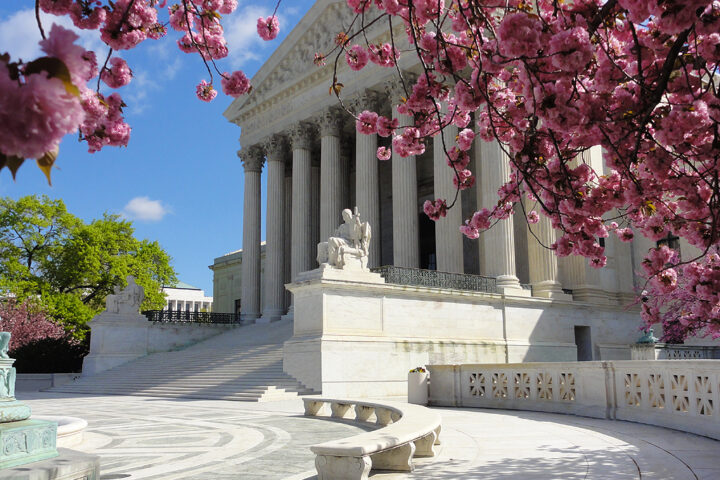In a significant policy shift, the Trump administration reportedly announced on Thursday that it has officially revoked the legal status of more than 530,000 migrants who were paroled into the United States under the Biden administration.
The Department of Homeland Security (DHS) has begun notifying these individuals, primarily from Cuba, Venezuela, Haiti, and Nicaragua, that they must now consider self-deportation back to their countries of origin.
The decision follows a Supreme Court ruling affirming the administration’s authority to modify the legal status of these migrants.
This ruling came after a lower court had temporarily blocked Trump’s attempts to revoke their parole status, a move that sparked considerable legal and political debate.
DHS Assistant Secretary Tricia McLaughlin characterized the migrants as “poorly vetted” and criticized the Biden administration for allowing them to enter the U.S. through what she termed “disastrous parole programs.”
She asserted that this policy had undermined American workers by granting these migrants opportunities in the job market while contributing to chaos and increased crime.
President Trump echoed these sentiments in a post on Truth Social, where he condemned the Biden administration’s immigration policies.
He asserted, “Biden let 21 million unvetted, illegal aliens flood into the country from some of the most dangerous and dysfunctional nations on Earth.”
He urged those living in the U.S. illegally to use the Customs and Border Protection (CBP) Home App to self-deport, warning that Immigration and Customs Enforcement (ICE) would pursue those who do not comply.
This latest move marks a continuation of the administration’s hardline stance on immigration, which has included previous efforts to encourage illegal aliens to leave voluntarily.
The administration has revamped an online application initially designed to facilitate entry into the U.S. into a platform where migrants can express their intent to depart.
Those who choose to self-deport may qualify for a $1,000 stipend and assistance with their travel expenses.
The revocation of parole status has drawn mixed reactions.
Supporters of the move argue that it is a necessary step toward restoring order and safety, while critics contend that it will exacerbate the vulnerabilities of many migrants who have fled dangerous conditions in their home countries.
As the situation unfolds, the implications of this policy change are likely to reverberate through communities across the United States.
[READ MORE: Elon Says He Went Too Far]







